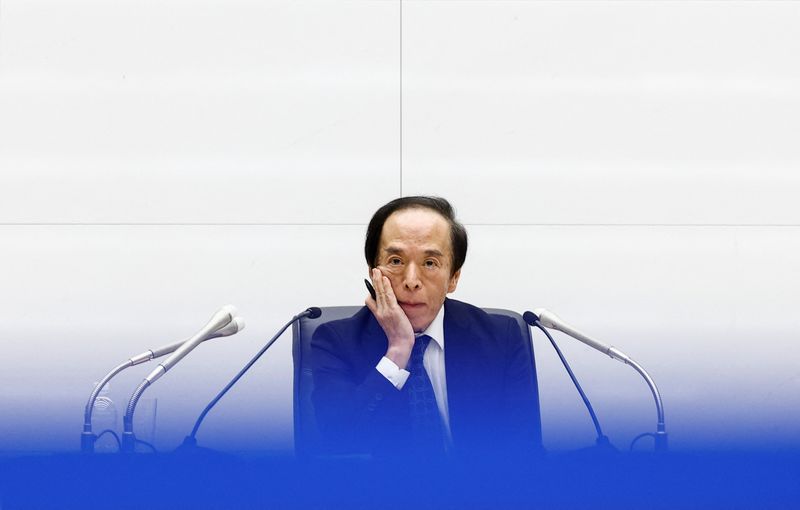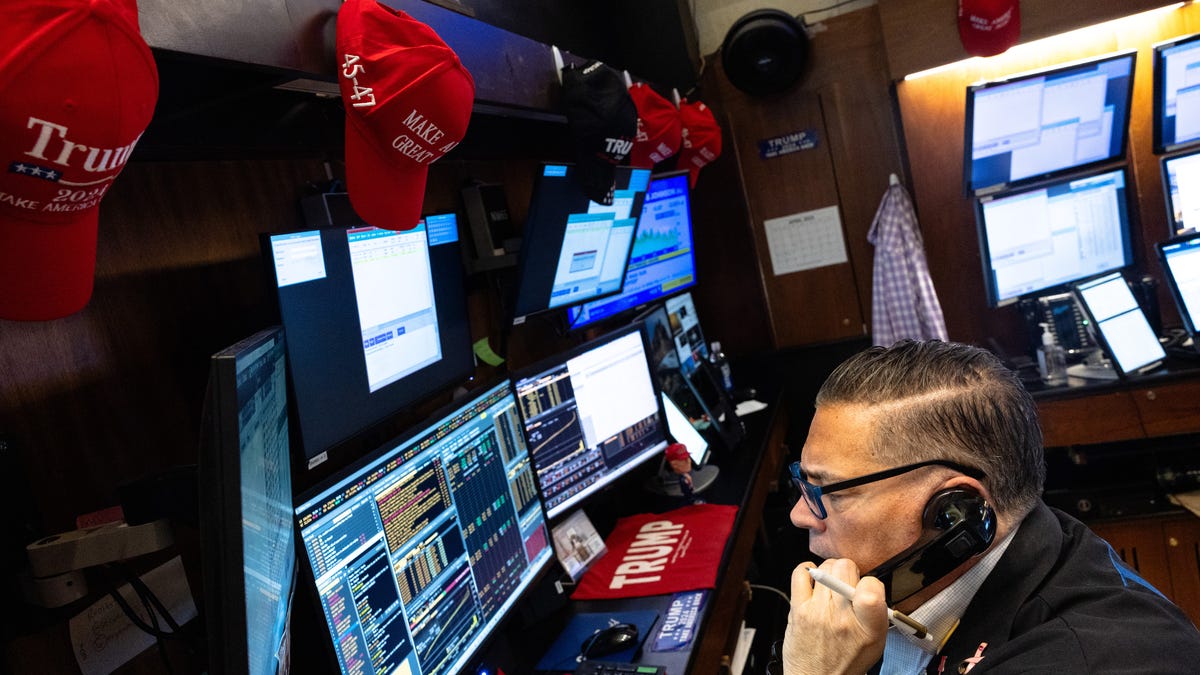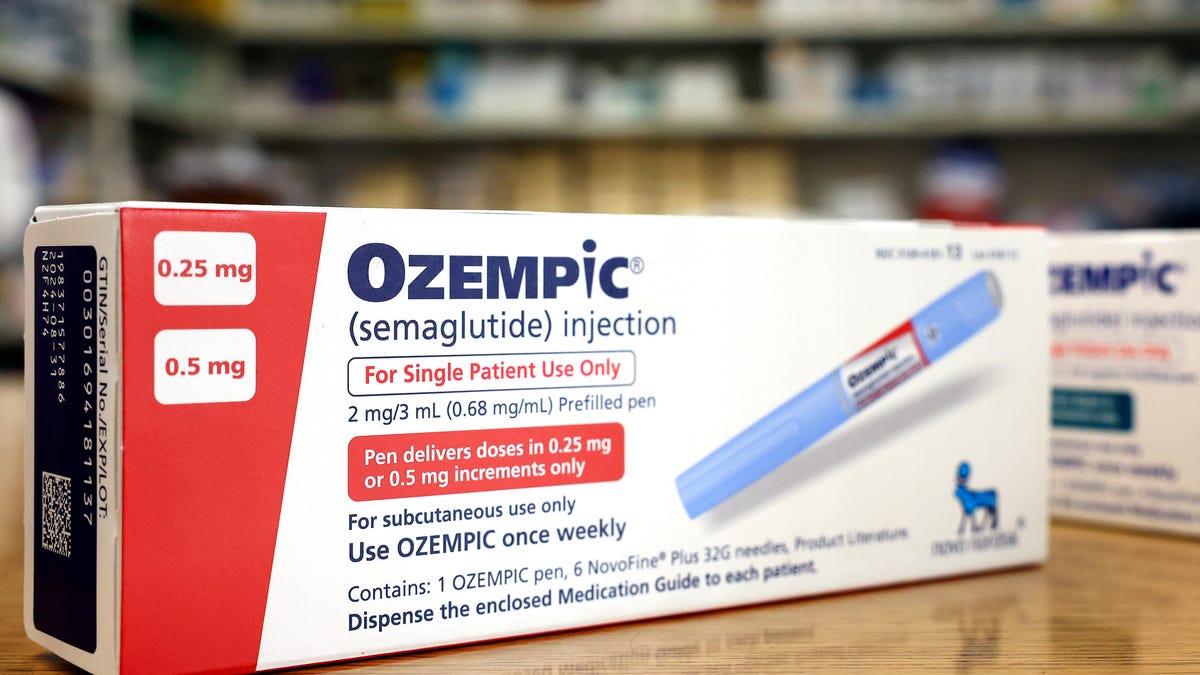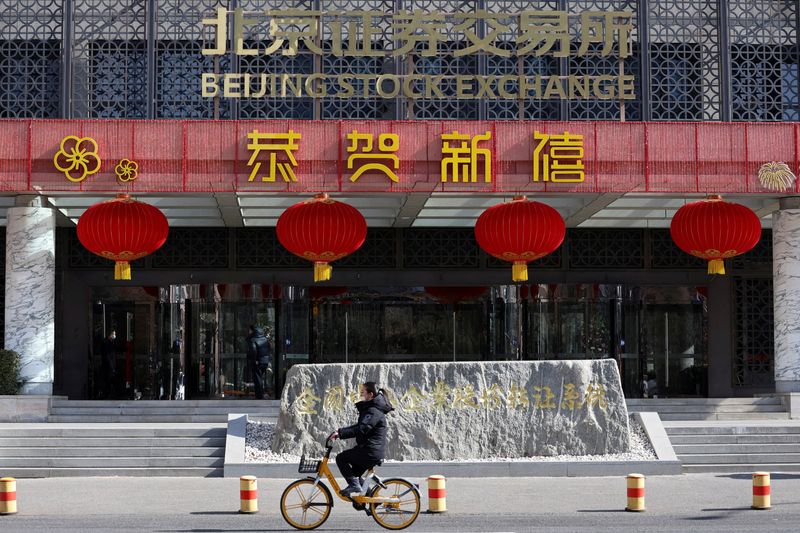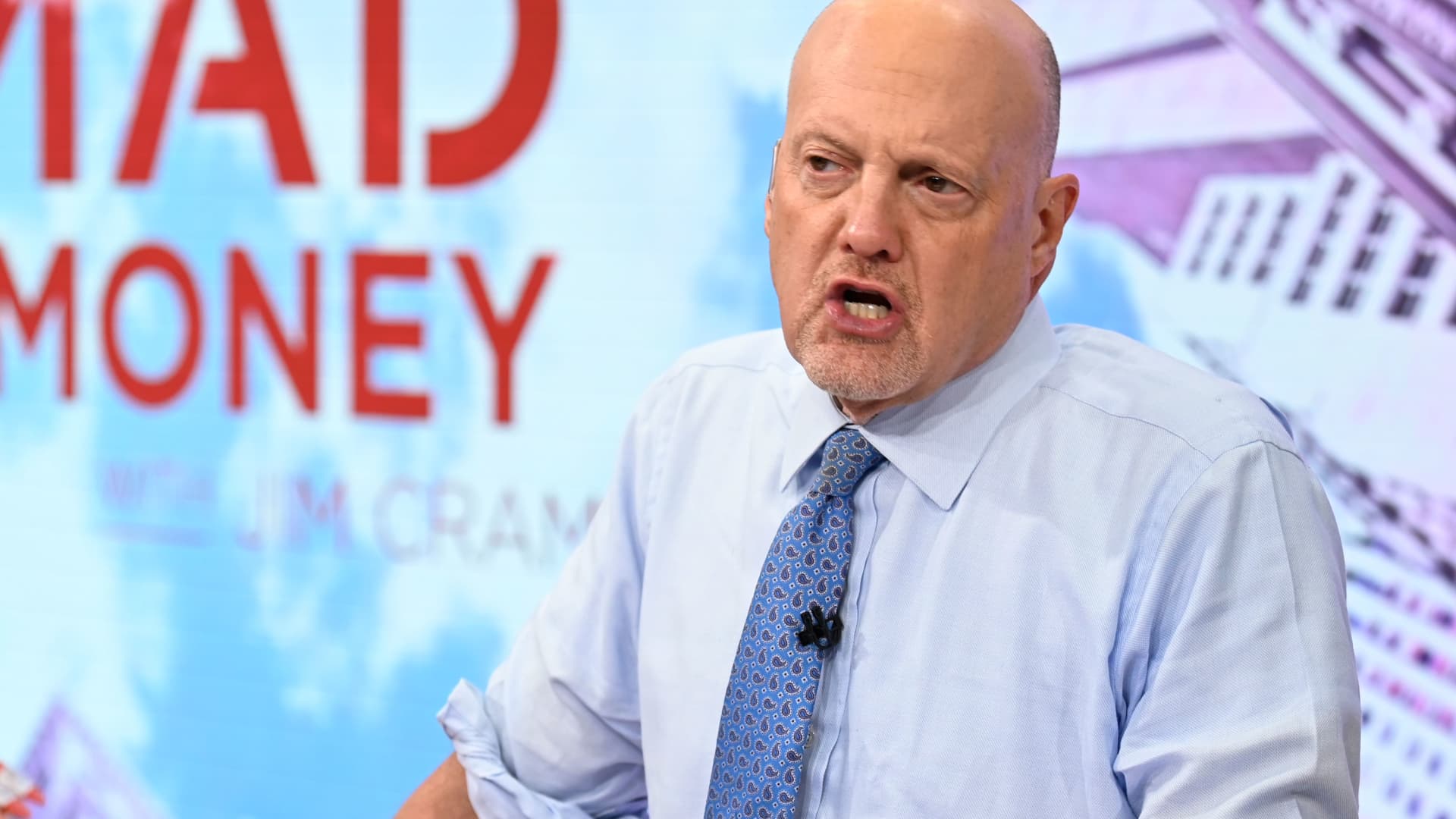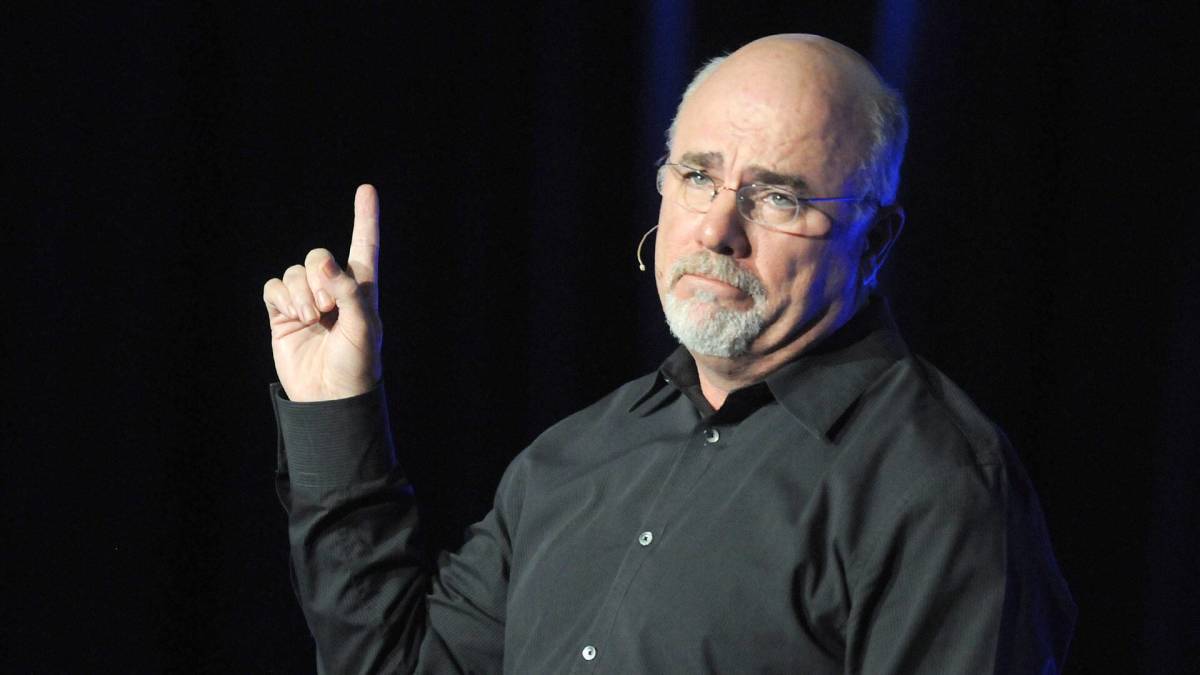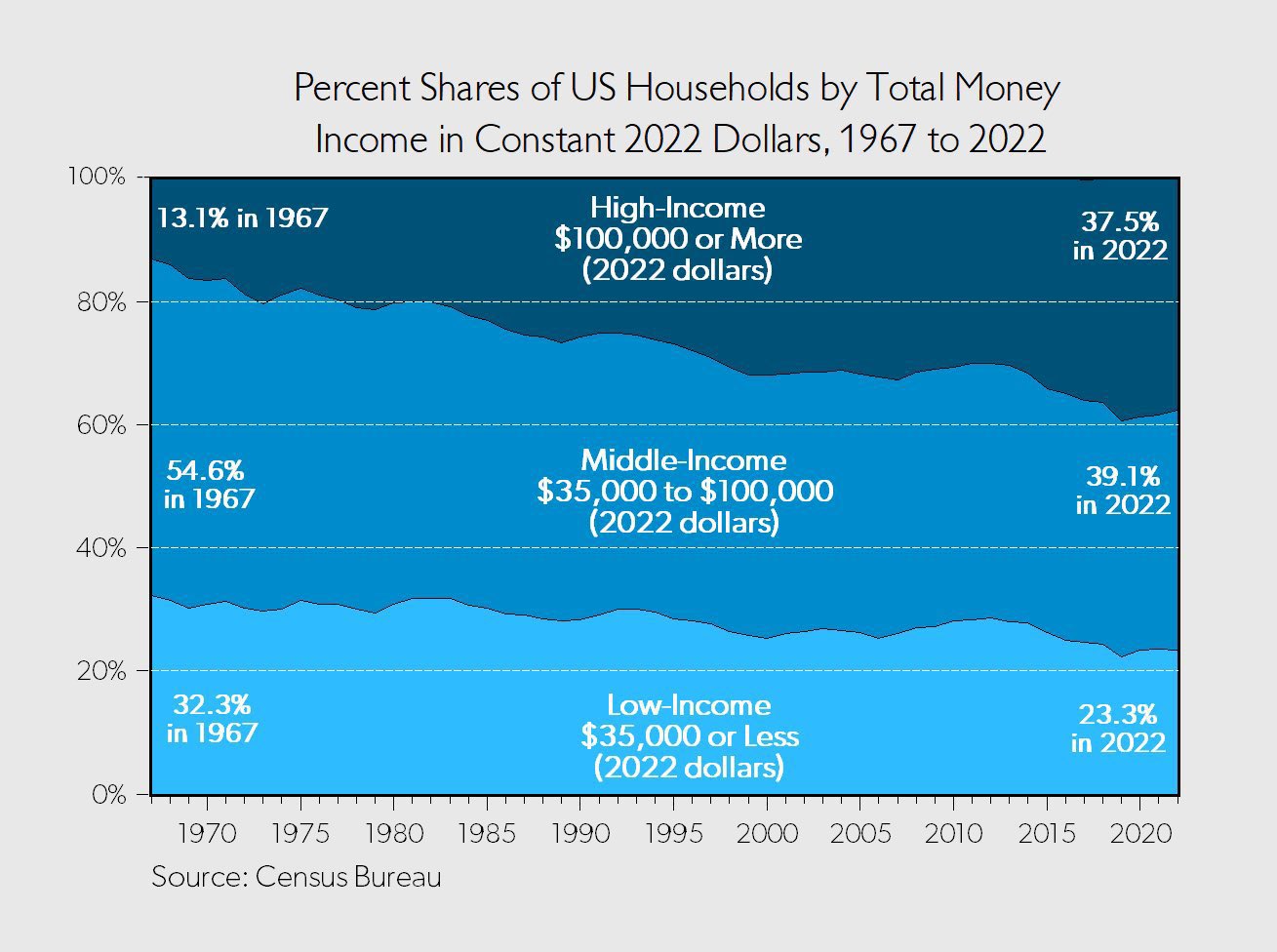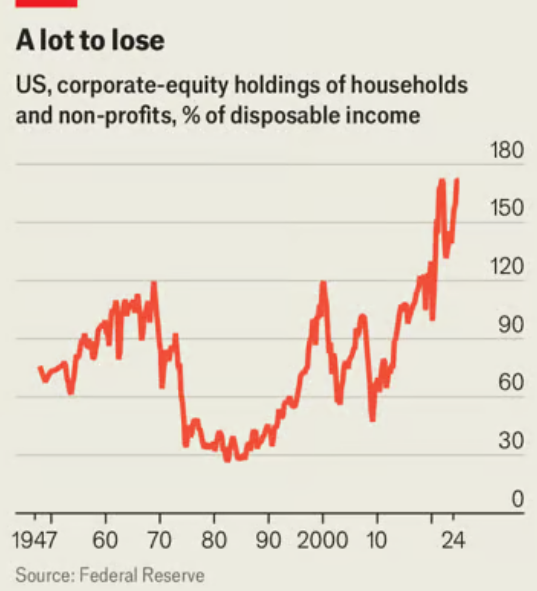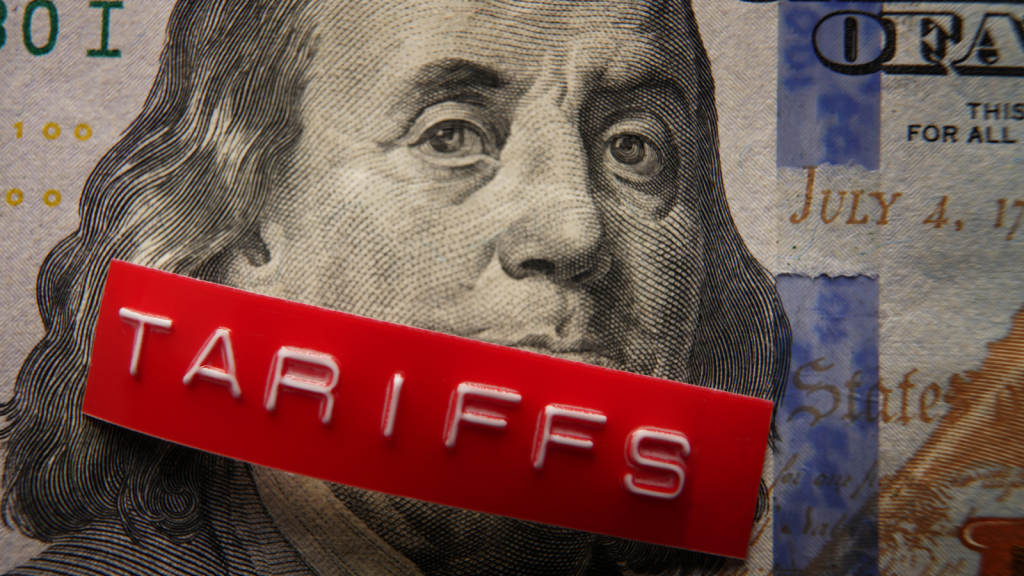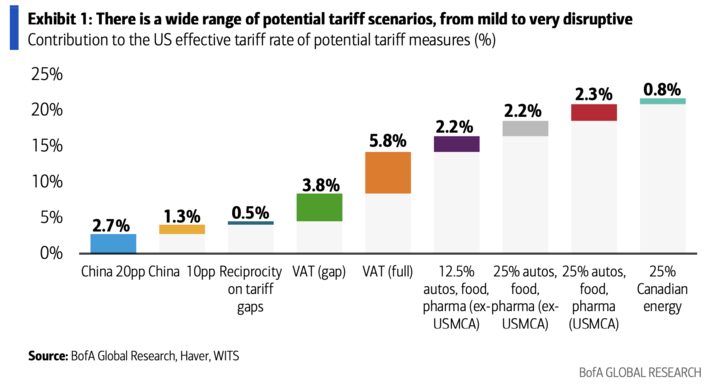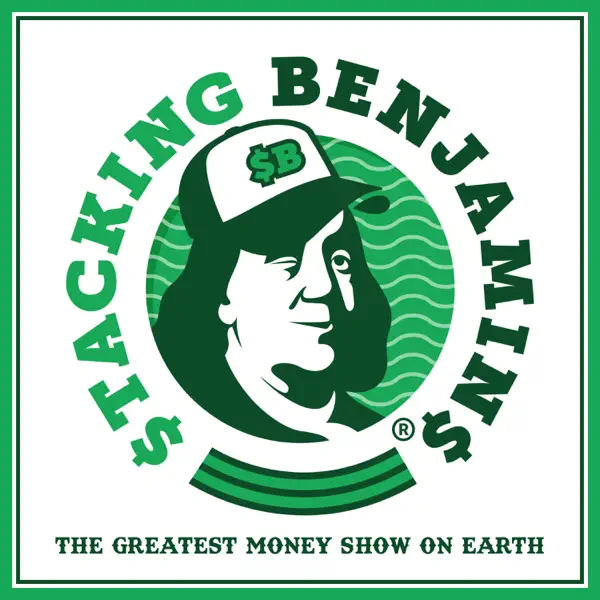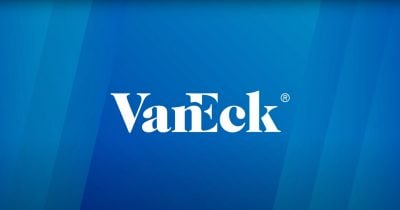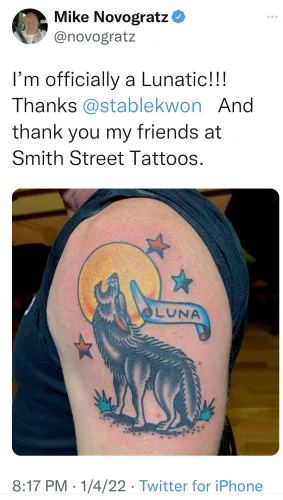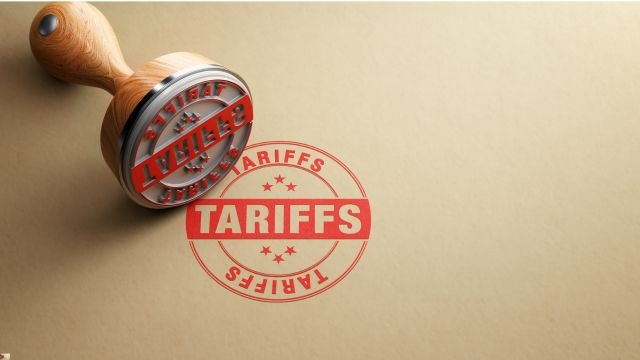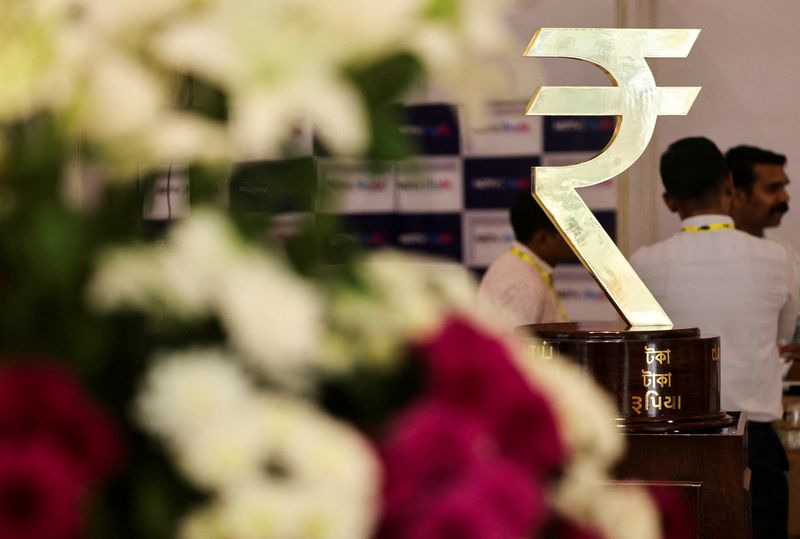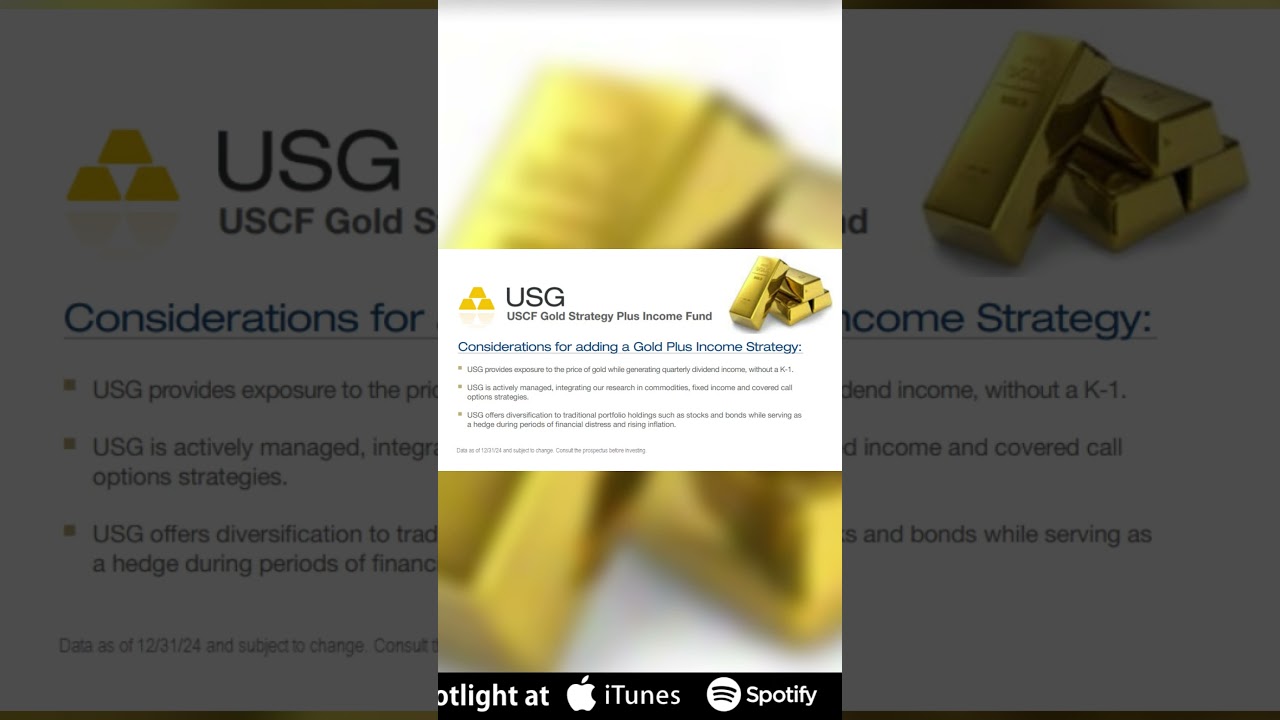Billionaire Barry Rosenstein Has 65% of Its Portfolio in These 4 Stocks
The Jana Partners website says its investing strategy is “Unlocking value through active shareholder engagement.” That’s a polite way of saying it shakes the trees until money falls out. Activist investing dates back to 1926, when Benjamin Graham, Warren Buffett’s mentor, called on the Northern Pipeline board to return its excess cash to shareholders. He […] The post Billionaire Barry Rosenstein Has 65% of Its Portfolio in These 4 Stocks appeared first on 24/7 Wall St..

The Jana Partners website says its investing strategy is “Unlocking value through active shareholder engagement.” That’s a polite way of saying it shakes the trees until money falls out.
Activist investing dates back to 1926, when Benjamin Graham, Warren Buffett’s mentor, called on the Northern Pipeline board to return its excess cash to shareholders. He ultimately won the day, and the board relented to his request.
Barry Rosenstein founded the investment firm in 2001. He is one of the earliest activist investors of the 21st century. Jana Partners has taken on many boards. He’s gained seats on many of them. He’s gotten wealthy from his activism, with an estimated net worth in the billions.
Harvard Business School professor Vikram Gandhi published a case study in November 2018 that studied Jana Partners’ use of activism to unlock ESG value in underperforming companies.
While there are skeptics about activist investing, many well-known investors continue to use activism to generate returns for their hedge fund clients.
Jana Partners is one of those firms. It finished 2024 with $2.03 billion in assets invested in 11 stocks. Four of them account for 65% of the hedge fund’s portfolio.
Key Points About This Article:
- Jana Partners is a veteran activist investor who uses collaboration and shareholder engagement to deliver value.
- Its four-largest holdings account for 65% of the hedge fund’s $2.03 billion assets.
- French fry producer Lamb Weston Holdings (NYSE:LW) accounts for nearly 25% of its portfolio. The hedge fund’s activism could result in a sale.
- The right cash back credit card can earn you hundreds, or thousands of dollars a year for free. Our top pick pays up to 5% cash back, a $200 bonus on top, and $0 annual fee. Click here to apply now (Sponsor)
The Potato Business Has Suffered

I’m based in Canada, so when I think of French fries and potatoes, I think of the McCain family in New Brunswick. Their firm, McCain Foods, has been in this business since 1957 and has done very well.
One of its competitors, Lamb Weston (NYSE:LW), has struggled mightily. Its shares are down 49% over the past 12 months, trading at their lowest point in the past three years.
Jana Partners first disclosed it had taken a 5% stake in the Idaho company last October. The hedge fund sought for Lamb Weston to explore strategic alternatives for its business. In its 13D filing on Oct. 18, Jana listed 10 topics to discuss with the company’s management and board, including Lamb Weston’s operational missteps regarding its processing capacity, capital allocation strategies, board composition, etc.
On Jan. 27, Jana sent a letter to its board, arguing significant support exists for a shakeup in its management and board.
The hedge fund sent a shareholder perception study to 70 of Lamb Weston’s largest shareholders, seeking their input on eight subjects, varying from financial management & forecasting to the ability to deliver shareholder value to product quality.
Based on a scale of 1 to 10, with 10 being very positive and one very negative, the average of seven subjects was 1.2 out of 10. Only on product quality, did it get a passing grade, at 9.4, suggesting that Lamb Weston was snatching defeat from the jaws of victory.
“Put simply, after more than $6 billion of value destruction, shareholders are done with ‘business as usual’ and are clamoring for dramatic change at the Company,” Jana’s letter from Managing Partner Scott Ostfeld stated.
Jana finished the fourth quarter with 7.13 million shares of Lamb Weston stock valued at $477 million. The investment accounted for 23.44% of its $2 billion in assets. It is the hedge fund’s largest holding.
On March 7, it filed an amended 13D indicating that it acquired an additional 817,177 shares of LW stock between Jan. 31 and March 7, at prices between $50.28 and $61. It now owns 5.6% of the company. Jana’s partner in this activist campaign is Continental Grain, who owns 1.5% of Lamb Weston.
It would not be surprising if Jana found a willing buyer to take it private and address the business’s many mistakes.
Tech and SPY Stocks Account for 44% of Jana’s Holdings
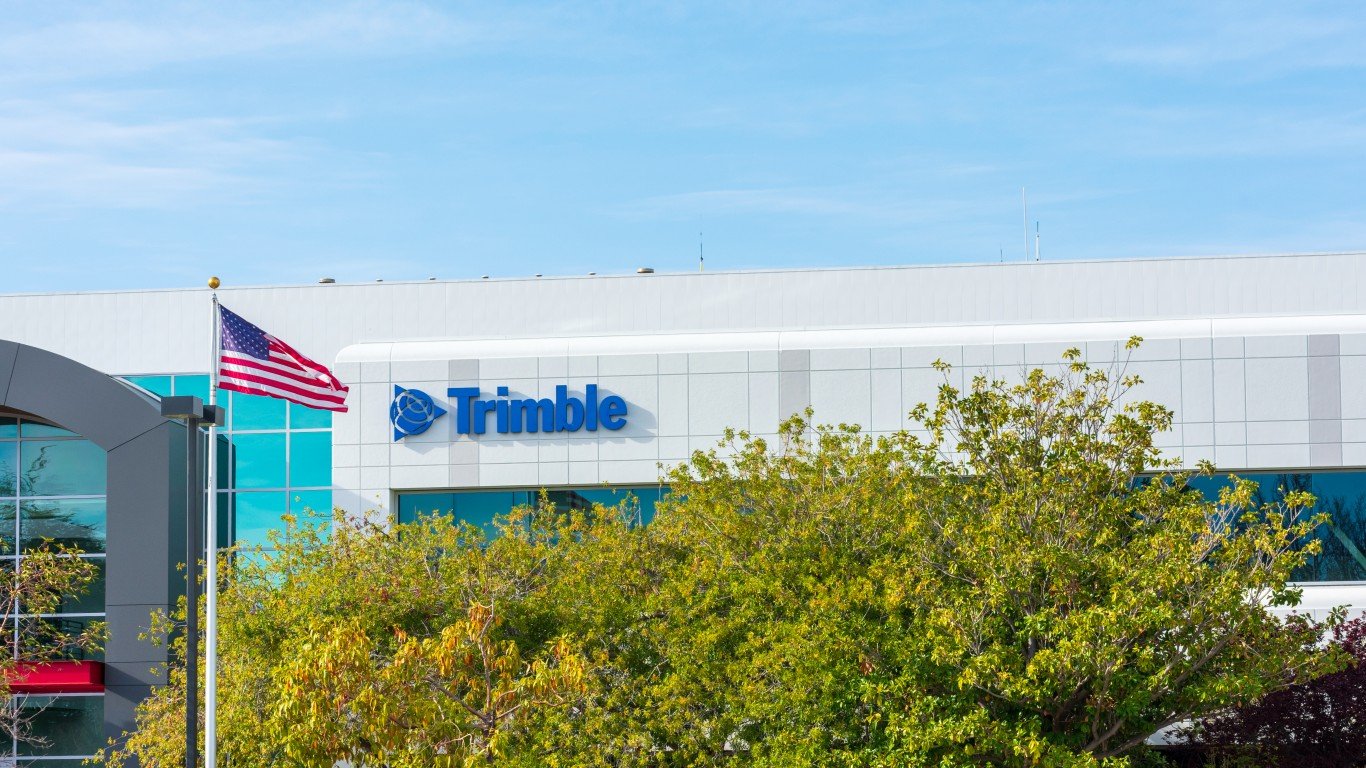
The other three stocks in the hedge fund’s top four holdings are Trimble (NASDAQ:TRMB), Mercury Systems (NASDAQ:MRCY), and the SPDR S&P 500 ETF Trust (NYSEARCA:SPY), which account for 15.31%, 15.12%, and 13.05%, respectively, of Jana’s holdings.
Jana cut its S&P 500 position by 10.38% in the fourth quarter, indicating that it felt stocks were getting slightly expensive given the tariff and trade environment.
As for Trimble and Mercury, they’re both tech-related software and hardware businesses. Of the two, Jana has owned the latter for longer, first acquiring MRCY stock in Q3 2021. Jana owns 11.64% of its stock. When Jana first disclosed its 6.6% stake in the company in December 2021,
On July 6, 2023, it entered into a voting agreement with Mercury, which saw Ostfeld join the company’s board. At the time, it owned 8% of its stock; it has since raised that to 11.64%, but only after reducing its position to below 5% in early 2023, before rebuilding it after its choice for director Bill Ballhaus was made interim CEO. He is now the permanent CEO.
While Jana has yet to get rich off Mercury Systems, the hedge fund remains its second-largest shareholder behind BlackRock (NYSE:BLK).
As for Trimble, it first took a position in the construction software company in Q4 2023, pushing it to stop making acquisitions and focus on growing its existing opportunities.
Jana’s position was that Trimble was overpaying for the software businesses that it was acquiring, paying as much as 40x EBITDA (earnings before interest, taxes, depreciation and amortization). At the same time, Trimble was valued at just 14 times EBITDA.
In January 2024, due to Jana’s activism, Trimble added two directors with industry experience to its board, while increasing its share repurchase program to $800 million. It increased that to $1 billion in February at the same time it released its Q4 2024 results.
Jana wanted higher margins. It got it. In 2024, Trimble’s gross margin was 65.1%, 370 basis points higher than in 2023.
The post Billionaire Barry Rosenstein Has 65% of Its Portfolio in These 4 Stocks appeared first on 24/7 Wall St..
